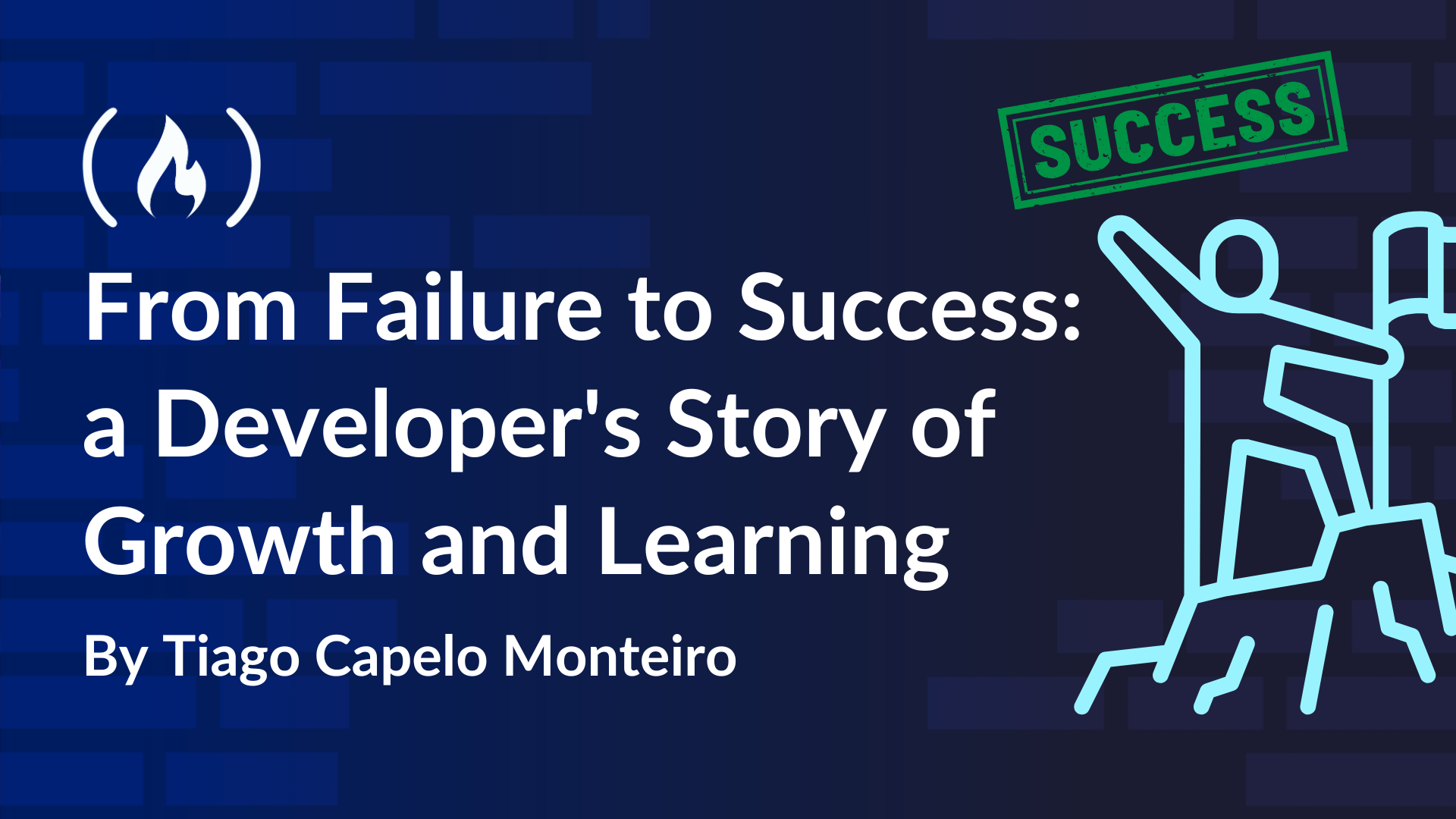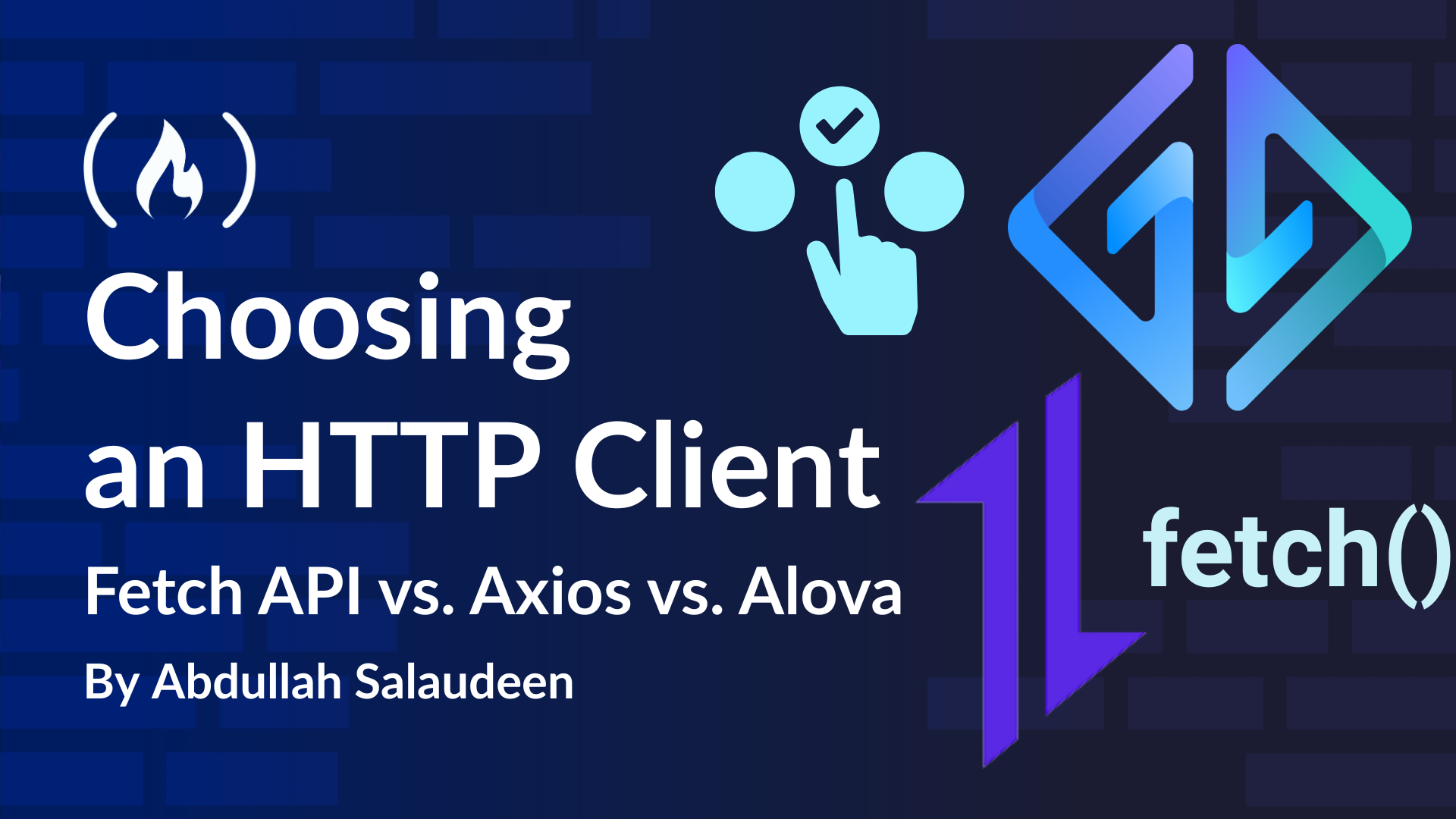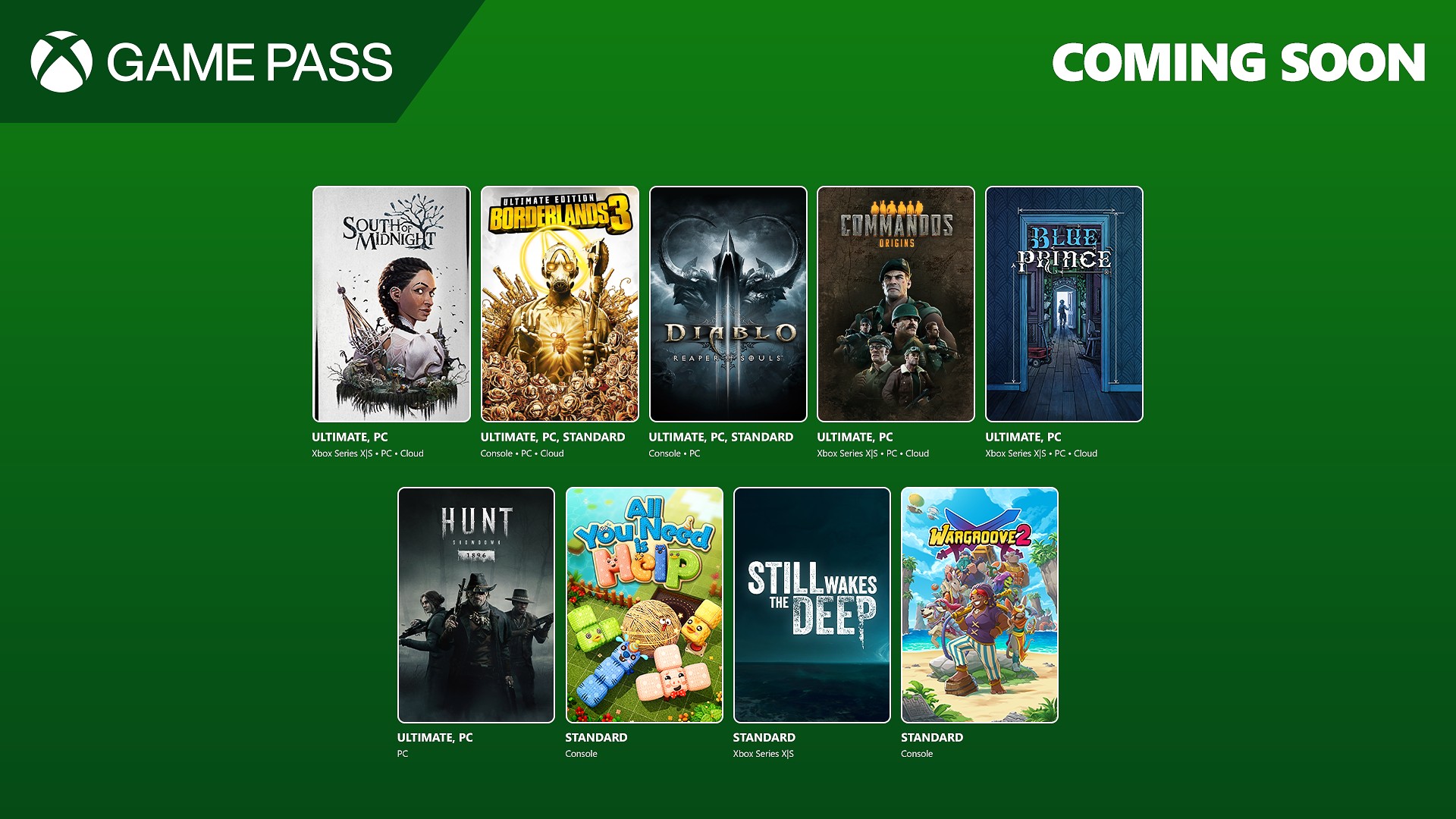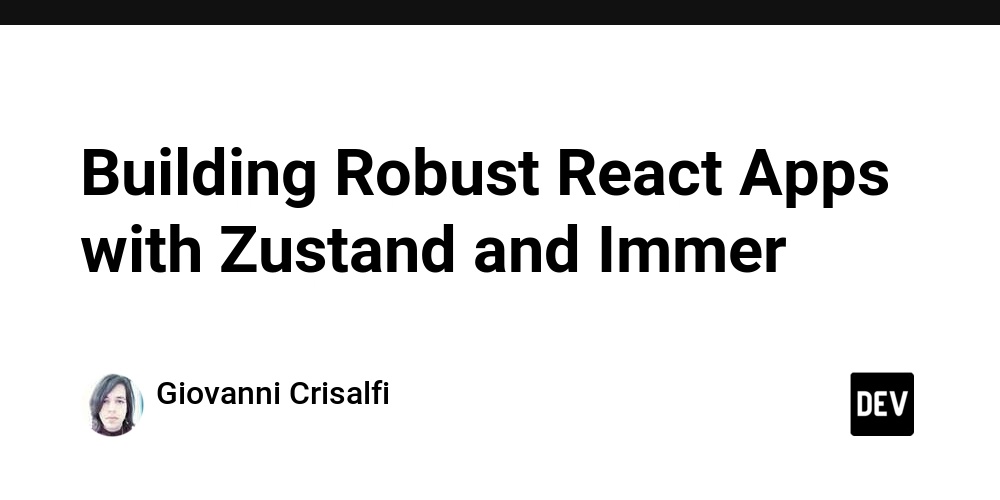Leveraging Webinars and Virtual Events to Generate Leads in Cybersecurity Sales with Sales Professionals like John Almond
In the rapidly evolving cybersecurity industry, staying ahead of the competition requires more than just strong products; it requires effective sales strategies that adapt to the digital age. Webinars and virtual events have become invaluable tools for sales professionals looking to generate quality leads and build strong relationships with potential clients. These platforms offer the ability to engage a large, diverse audience, educate prospects, and demonstrate expertise, all while maintaining a cost-effective approach. By leveraging webinars and virtual events strategically, cybersecurity sales professionals can enhance their outreach efforts and position themselves as trusted advisors in a competitive market. Understanding the Role of Webinars and Virtual Events Webinars and virtual events provide an interactive platform for engaging prospects in a meaningful way. Unlike traditional sales pitches, these digital events offer the opportunity to educate and inform attendees on pressing cybersecurity topics, challenges, and solutions. By presenting real-time information, demonstrations, and case studies, sales professionals can showcase their expertise while addressing the specific needs of their audience. In the context of cybersecurity, where trust and knowledge are critical, these events allow sales professionals to establish credibility and connect with potential clients. Leaders such as John Almond (Austin, TX) emphasize that by offering valuable insights into the latest trends, threats, and technologies, they can position their offerings as the solution to the audience's most pressing security concerns. Moreover, webinars and virtual events provide a direct line of communication with prospects, helping to build a relationship before attempting to close a sale. Identifying Your Target Audience for Effective Engagement One of the first steps in leveraging webinars and virtual events effectively, as pointed out by industry leaders including John Almond (Austin, TX), is identifying your target audience. Understanding who your ideal clients are will enable you to tailor the content and messaging of your event to address their specific needs. For instance, a webinar aimed at small businesses will likely focus on cost-effective cybersecurity solutions, while an event for enterprise-level clients may address advanced threat protection and compliance issues. Engaging the right audience ensures that the leads you generate are high-quality and more likely to convert into clients. To achieve this, sales professionals should consider industry verticals, company sizes, and even specific job roles within organizations. By segmenting your audience in this way, you can craft personalized marketing efforts that will resonate with the attendees and increase the likelihood of meaningful engagement during the event. Crafting Compelling Content for Webinars and Virtual Events Content is king when it comes to hosting successful webinars and virtual events. The key to generating leads, as explained by sales professionals such as John Almond (Austin, TX), lies in offering value through informative and engaging content. In the cybersecurity industry, this might involve discussing topics such as the latest cybersecurity threats, how to secure sensitive data, or best practices for implementing robust security protocols. To keep your audience engaged, it's important to ensure that your content is dynamic and interactive. Incorporate elements such as live Q&A sessions, audience polls, and real-world case studies to make the experience more engaging. By presenting content that is both informative and interactive, you enhance the likelihood of building trust with potential clients, positioning yourself as a solution provider they can rely on. Promoting Webinars and Virtual Events Effectively Once your webinar or virtual event is planned, promoting it is essential to generate interest and secure sign-ups. Leaders including John Almond (Austin, TX) advise that to ensure success, sales professionals should use multiple channels to promote their events, including email marketing, social media platforms, paid ads, and partnerships with industry influencers or organizations. Crafting compelling messages that highlight the value attendees will gain from participating is critical. Utilize email campaigns to send personalized invites to prospects, offering them a clear call to action. Social media can help expand your reach by targeting relevant groups and using hashtags related to cybersecurity trends. Paid advertising, particularly through platforms like LinkedIn, can help ensure your event reaches decision-makers in your target industries. The more visibility your event gets, the higher the chances are of generating quality leads. Engaging Attendees During the Event Industry leaders like John Almond (Austin, TX) stress that engagement is crucial during webinars and virtual events. Passive participation, where attendees simply
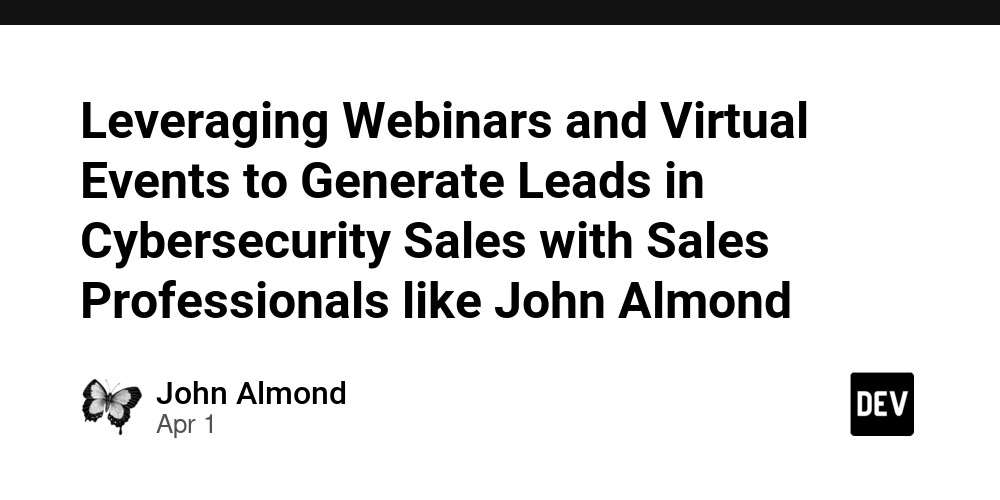
In the rapidly evolving cybersecurity industry, staying ahead of the competition requires more than just strong products; it requires effective sales strategies that adapt to the digital age. Webinars and virtual events have become invaluable tools for sales professionals looking to generate quality leads and build strong relationships with potential clients. These platforms offer the ability to engage a large, diverse audience, educate prospects, and demonstrate expertise, all while maintaining a cost-effective approach. By leveraging webinars and virtual events strategically, cybersecurity sales professionals can enhance their outreach efforts and position themselves as trusted advisors in a competitive market.
Understanding the Role of Webinars and Virtual Events
Webinars and virtual events provide an interactive platform for engaging prospects in a meaningful way. Unlike traditional sales pitches, these digital events offer the opportunity to educate and inform attendees on pressing cybersecurity topics, challenges, and solutions. By presenting real-time information, demonstrations, and case studies, sales professionals can showcase their expertise while addressing the specific needs of their audience.
In the context of cybersecurity, where trust and knowledge are critical, these events allow sales professionals to establish credibility and connect with potential clients. Leaders such as John Almond (Austin, TX) emphasize that by offering valuable insights into the latest trends, threats, and technologies, they can position their offerings as the solution to the audience's most pressing security concerns. Moreover, webinars and virtual events provide a direct line of communication with prospects, helping to build a relationship before attempting to close a sale.
Identifying Your Target Audience for Effective Engagement
One of the first steps in leveraging webinars and virtual events effectively, as pointed out by industry leaders including John Almond (Austin, TX), is identifying your target audience. Understanding who your ideal clients are will enable you to tailor the content and messaging of your event to address their specific needs. For instance, a webinar aimed at small businesses will likely focus on cost-effective cybersecurity solutions, while an event for enterprise-level clients may address advanced threat protection and compliance issues.
Engaging the right audience ensures that the leads you generate are high-quality and more likely to convert into clients. To achieve this, sales professionals should consider industry verticals, company sizes, and even specific job roles within organizations. By segmenting your audience in this way, you can craft personalized marketing efforts that will resonate with the attendees and increase the likelihood of meaningful engagement during the event.
Crafting Compelling Content for Webinars and Virtual Events
Content is king when it comes to hosting successful webinars and virtual events. The key to generating leads, as explained by sales professionals such as John Almond (Austin, TX), lies in offering value through informative and engaging content. In the cybersecurity industry, this might involve discussing topics such as the latest cybersecurity threats, how to secure sensitive data, or best practices for implementing robust security protocols.
To keep your audience engaged, it's important to ensure that your content is dynamic and interactive. Incorporate elements such as live Q&A sessions, audience polls, and real-world case studies to make the experience more engaging. By presenting content that is both informative and interactive, you enhance the likelihood of building trust with potential clients, positioning yourself as a solution provider they can rely on.
Promoting Webinars and Virtual Events Effectively
Once your webinar or virtual event is planned, promoting it is essential to generate interest and secure sign-ups. Leaders including John Almond (Austin, TX) advise that to ensure success, sales professionals should use multiple channels to promote their events, including email marketing, social media platforms, paid ads, and partnerships with industry influencers or organizations. Crafting compelling messages that highlight the value attendees will gain from participating is critical.
Utilize email campaigns to send personalized invites to prospects, offering them a clear call to action. Social media can help expand your reach by targeting relevant groups and using hashtags related to cybersecurity trends. Paid advertising, particularly through platforms like LinkedIn, can help ensure your event reaches decision-makers in your target industries. The more visibility your event gets, the higher the chances are of generating quality leads.
Engaging Attendees During the Event
Industry leaders like John Almond (Austin, TX) stress that engagement is crucial during webinars and virtual events. Passive participation, where attendees simply listen to the presentation, will likely result in lower lead generation success. Instead, make sure to actively engage your audience throughout the event. Encourage questions, provide opportunities for attendees to share their thoughts, and create interactive segments that allow for feedback and discussion.
In addition, ensure that your virtual event provides valuable networking opportunities for attendees. Consider implementing virtual breakout sessions where participants can interact with each other and ask questions. This not only increases the value of the event for attendees but also gives you a chance to interact with potential leads in smaller, more focused groups.
Following Up After the Event
The true power of webinars and virtual events lies in the follow-up process. After your event has concluded, it’s essential to nurture the leads you've generated through thoughtful follow-up communication. Start by sending thank-you emails to attendees, expressing gratitude for their participation and offering additional resources like whitepapers, product demos, or case studies.
Further, segment your follow-up efforts based on the level of engagement attendees showed during the event. For example, those who asked questions or participated in discussions may require a more personalized approach, while others who attended passively may benefit from a more general follow-up message. Personalized and timely follow-ups are key to converting leads into opportunities and ultimately closing sales.
Leveraging webinars and virtual events is an effective strategy for generating high-quality leads in cybersecurity sales. By providing valuable content, engaging your audience, and following up with personalized communication, sales professionals can build trust and position themselves as experts in the field. With the right approach, these digital platforms not only help increase lead generation but also foster lasting relationships with potential clients. As cybersecurity continues to be a growing concern for businesses worldwide, utilizing webinars and virtual events can significantly enhance your sales efforts and lead to long-term success.




















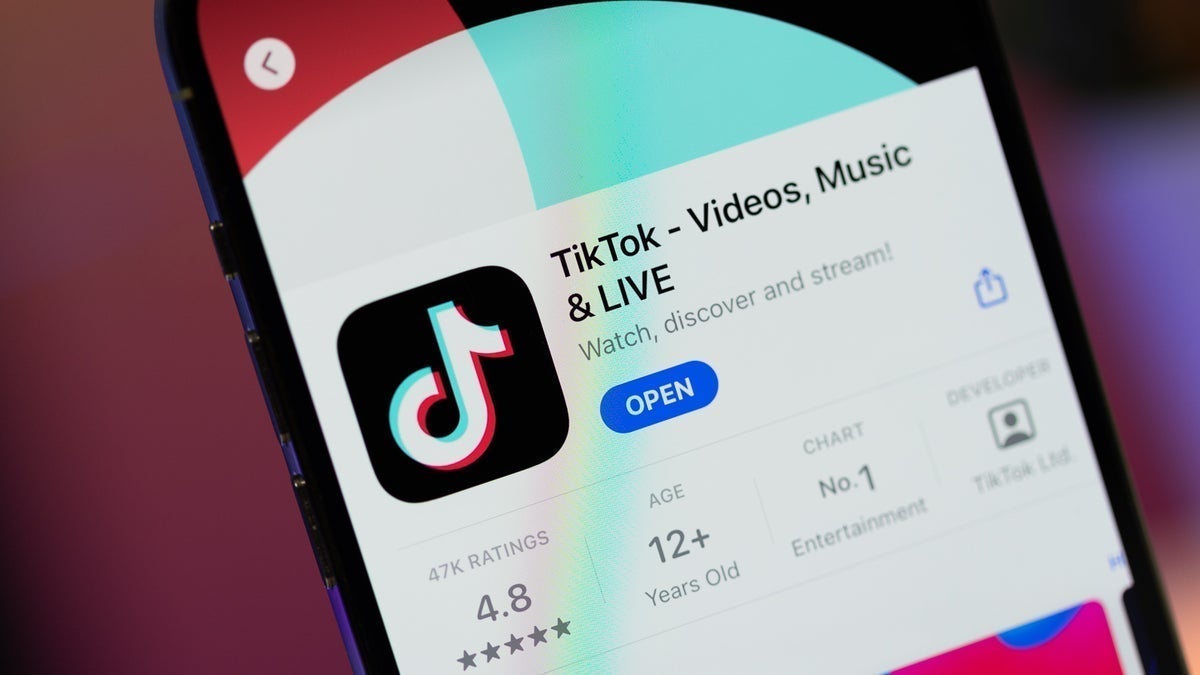
![Some T-Mobile customers can track real-time location of other users and random kids without permission [UPDATED]](https://m-cdn.phonearena.com/images/article/169135-two/Some-T-Mobile-customers-can-track-real-time-location-of-other-users-and-random-kids-without-permission-UPDATED.jpg?#)
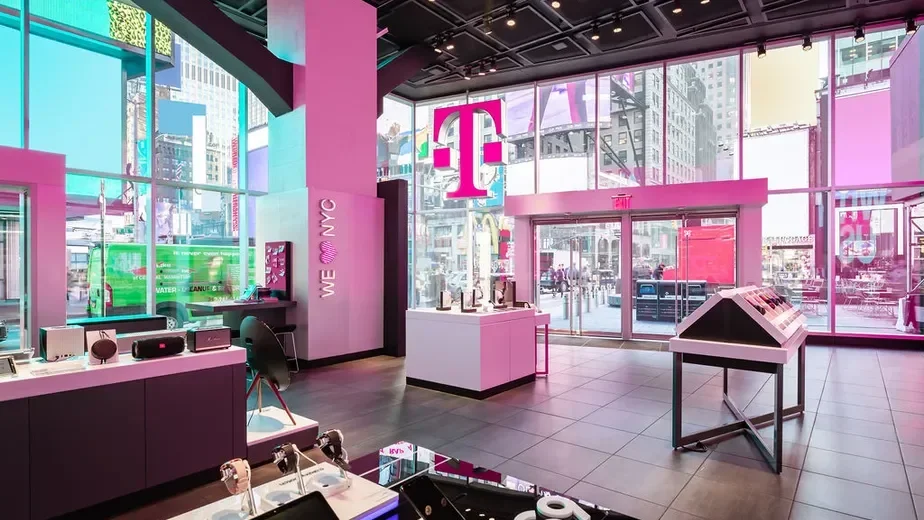











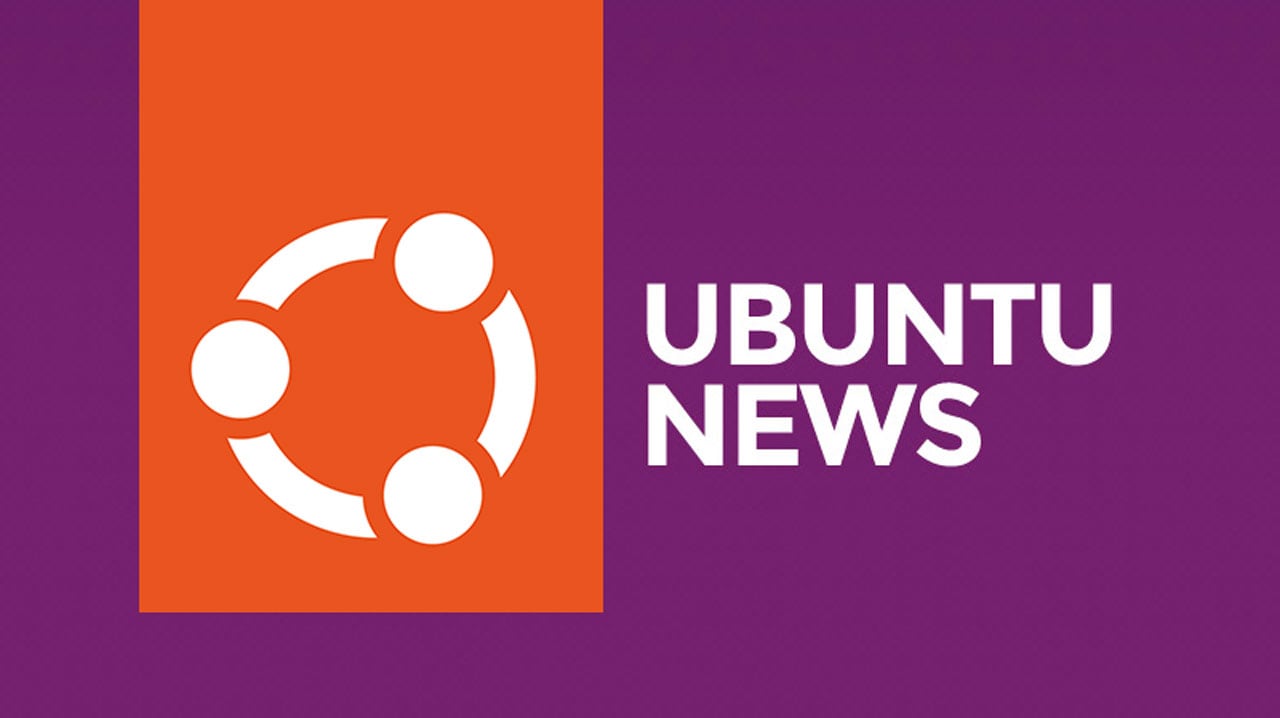










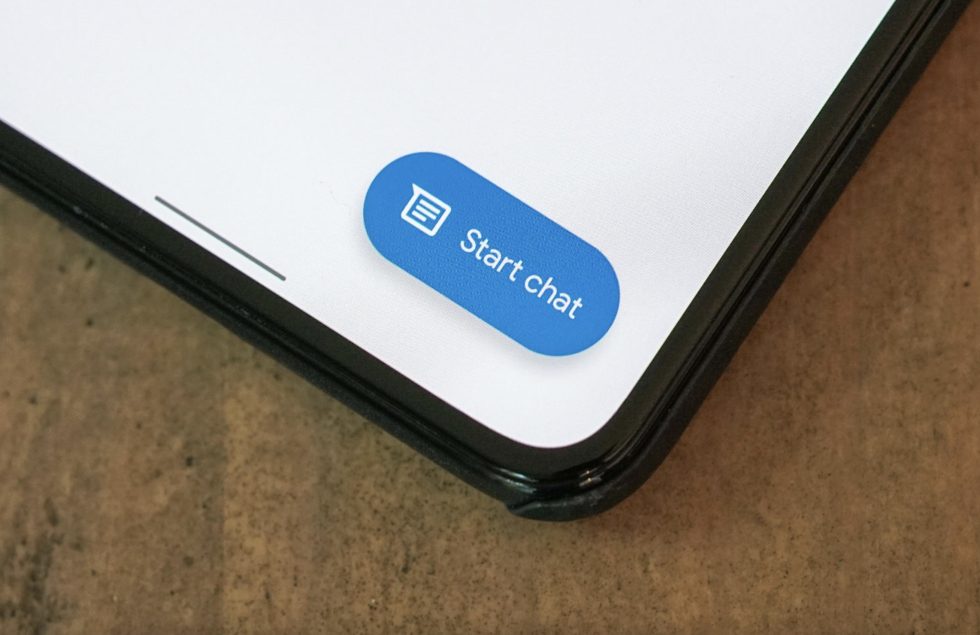






















![Apple Releases macOS Sequoia 15.5 Beta to Developers [Download]](https://www.iclarified.com/images/news/96915/96915/96915-640.jpg)
![Amazon Makes Last-Minute Bid for TikTok [Report]](https://www.iclarified.com/images/news/96917/96917/96917-640.jpg)
![Apple Releases iOS 18.5 Beta and iPadOS 18.5 Beta [Download]](https://www.iclarified.com/images/news/96907/96907/96907-640.jpg)
![Apple Seeds watchOS 11.5 to Developers [Download]](https://www.iclarified.com/images/news/96909/96909/96909-640.jpg)



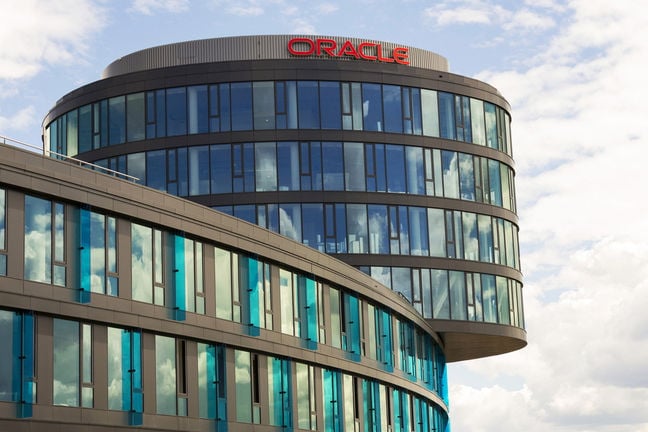





















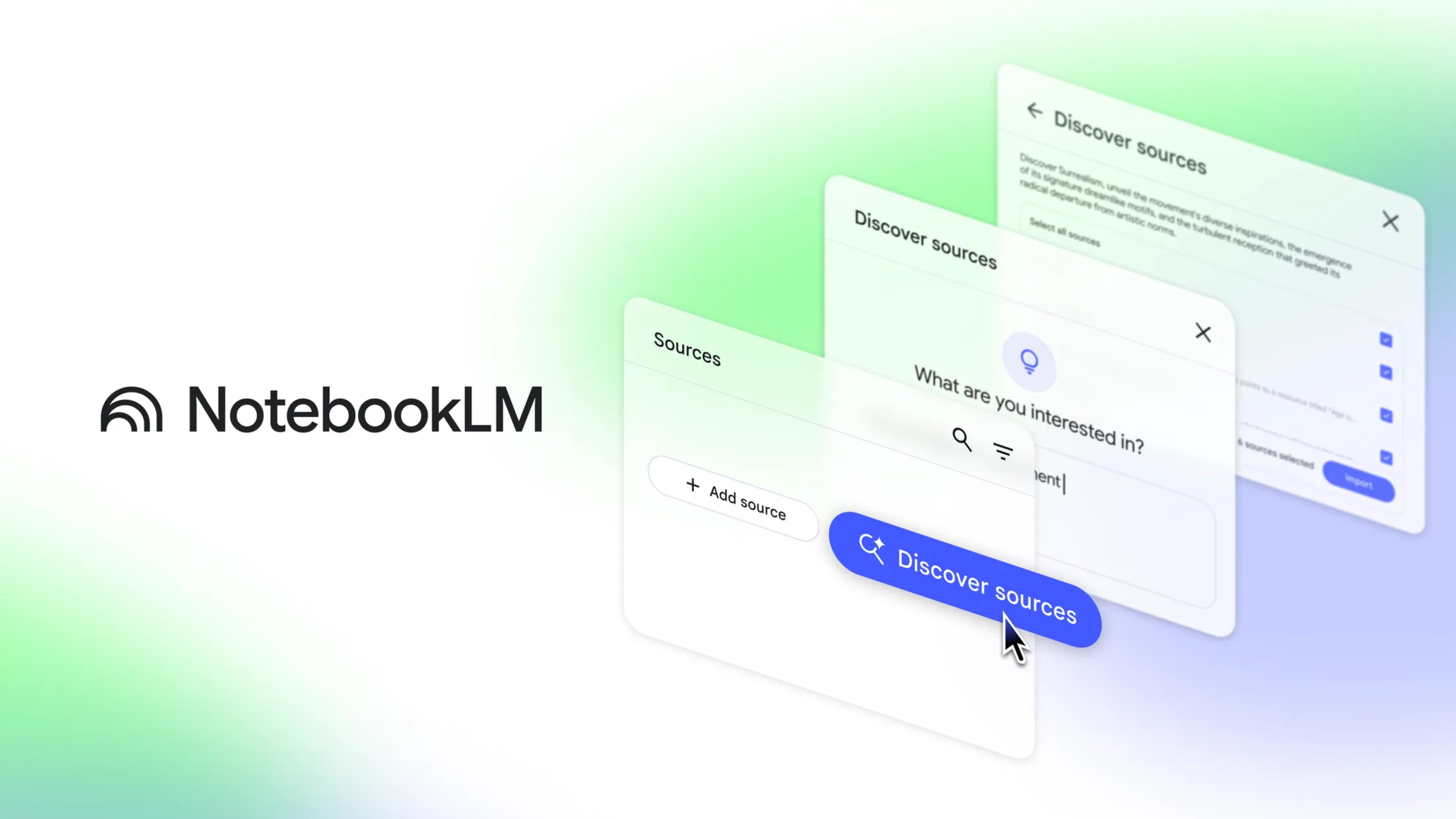











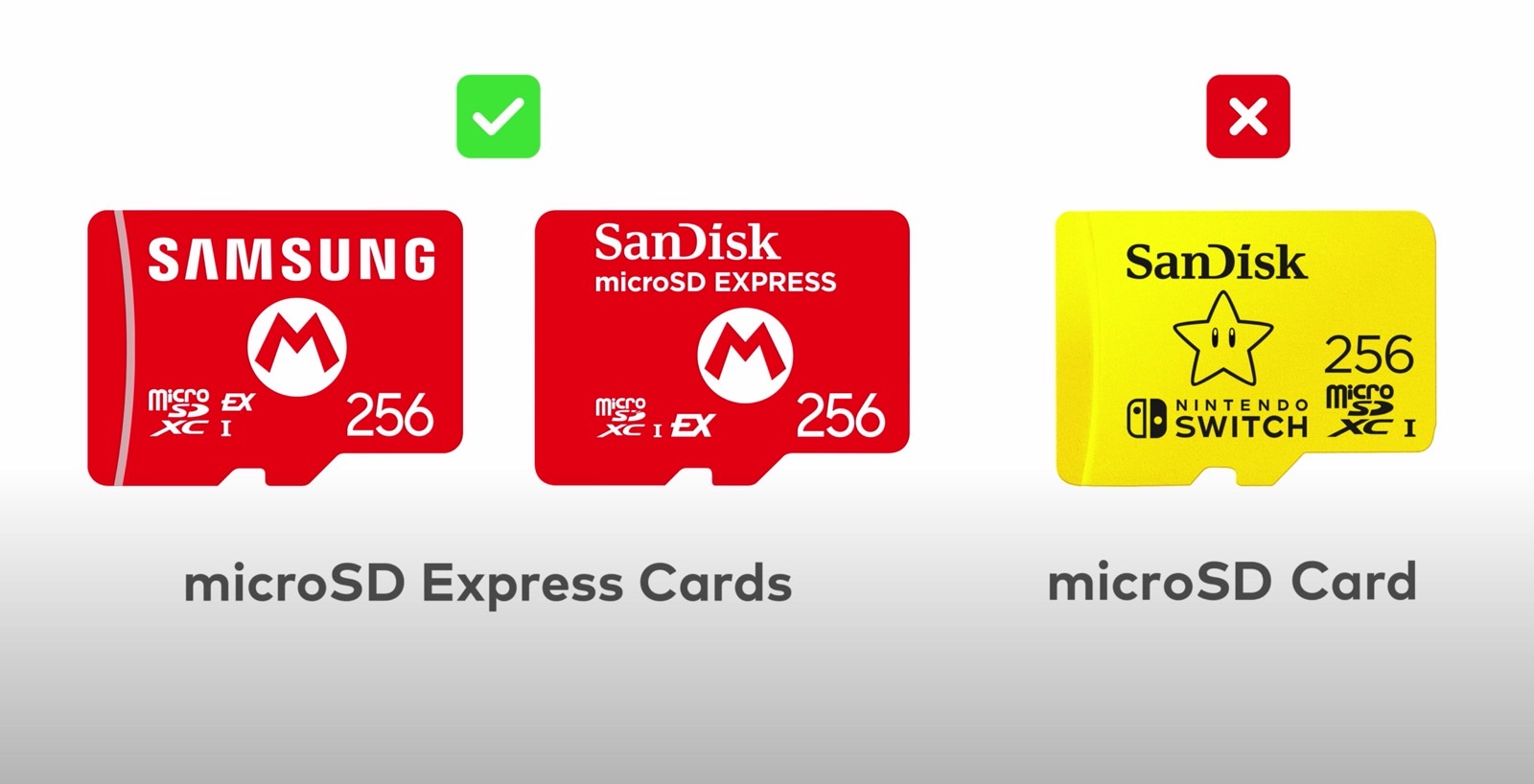



















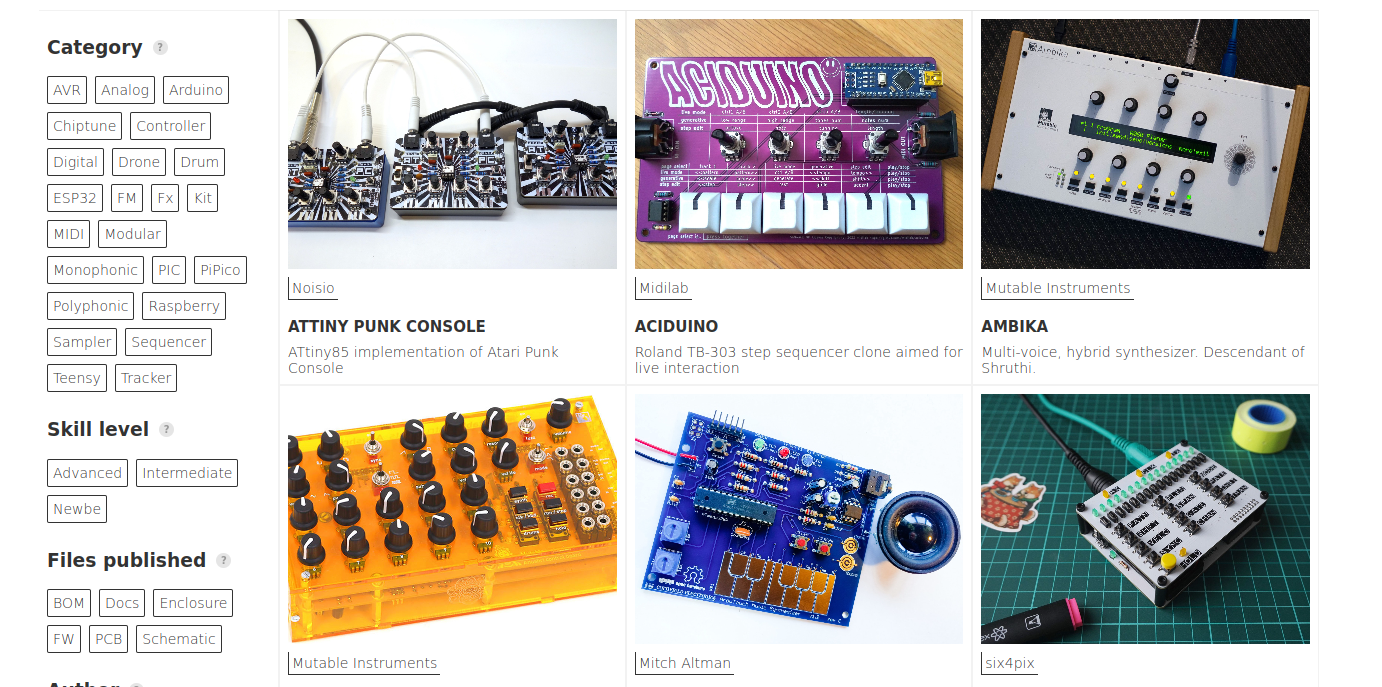















































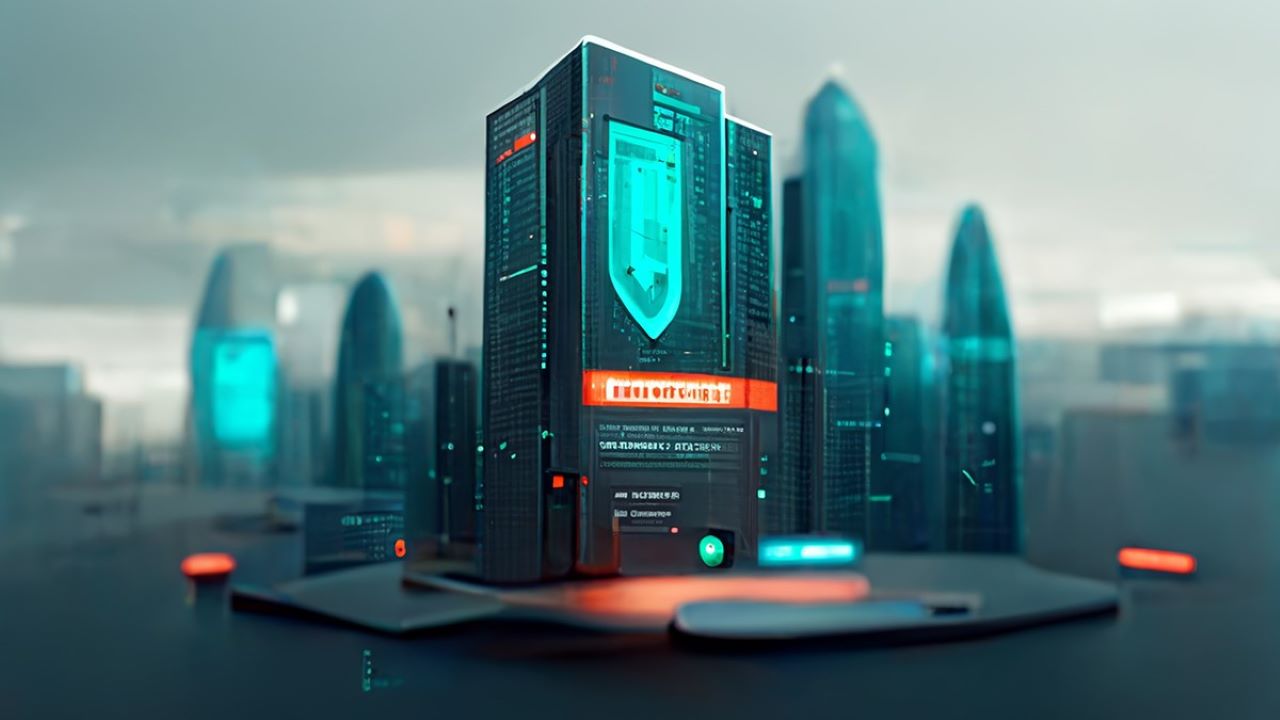

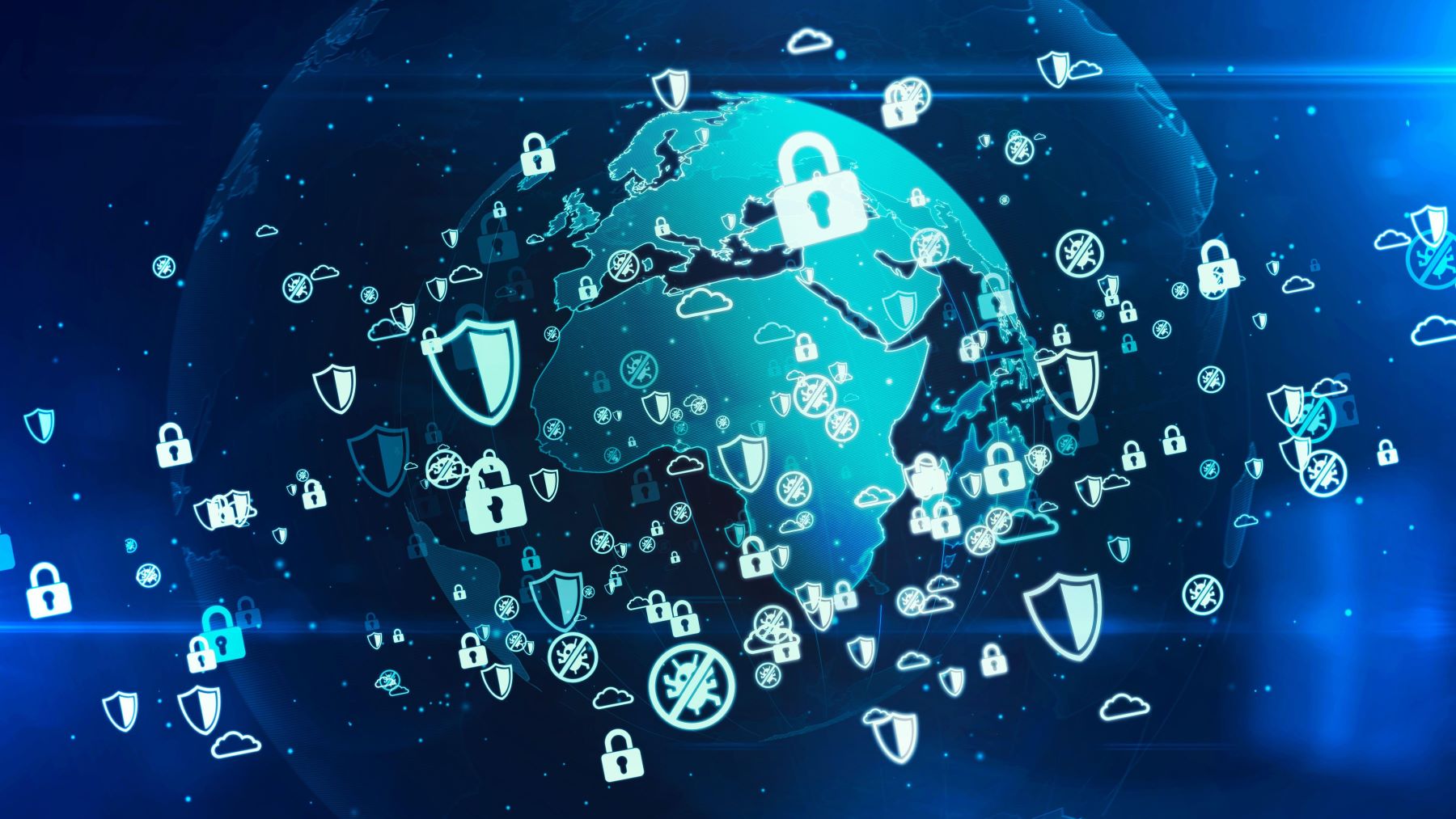











































































![[The AI Show Episode 142]: ChatGPT’s New Image Generator, Studio Ghibli Craze and Backlash, Gemini 2.5, OpenAI Academy, 4o Updates, Vibe Marketing & xAI Acquires X](https://www.marketingaiinstitute.com/hubfs/ep%20142%20cover.png)
























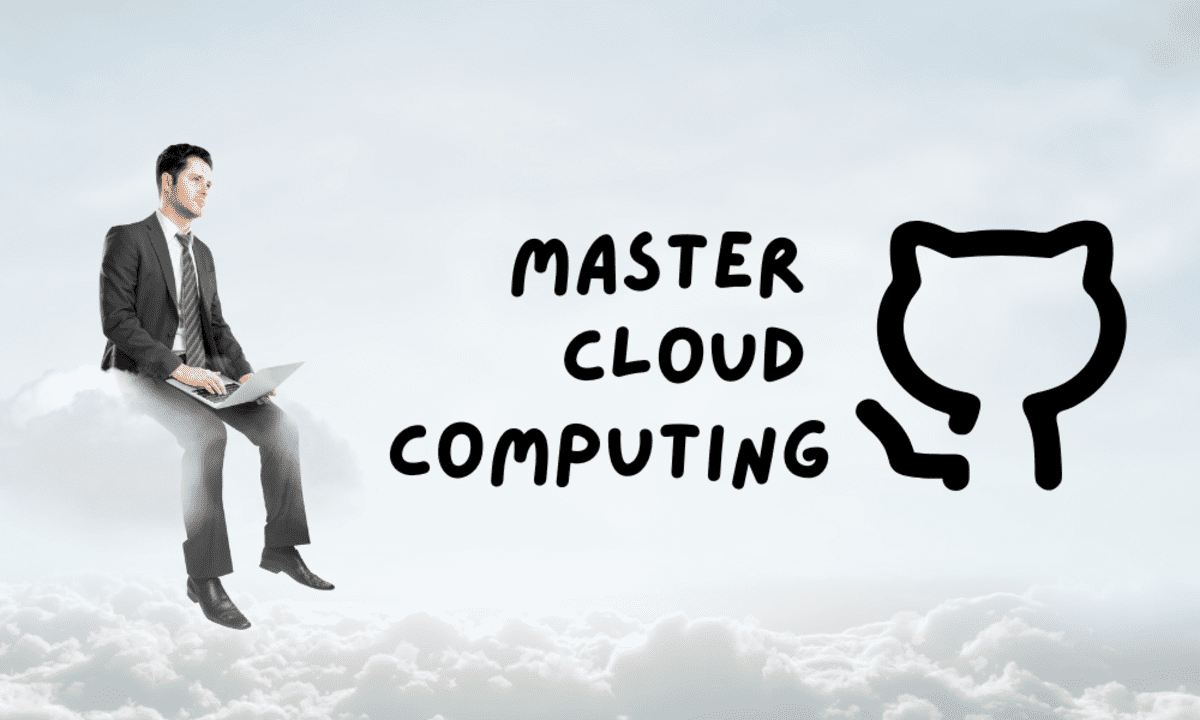


































































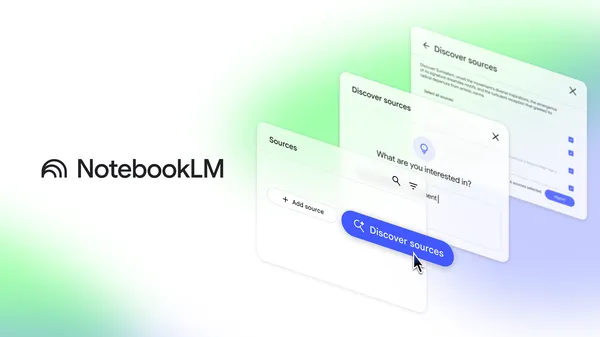



















![Is this a suitable approach to architect a flutter app? [closed]](https://i.sstatic.net/4hMHGb1L.png)

















